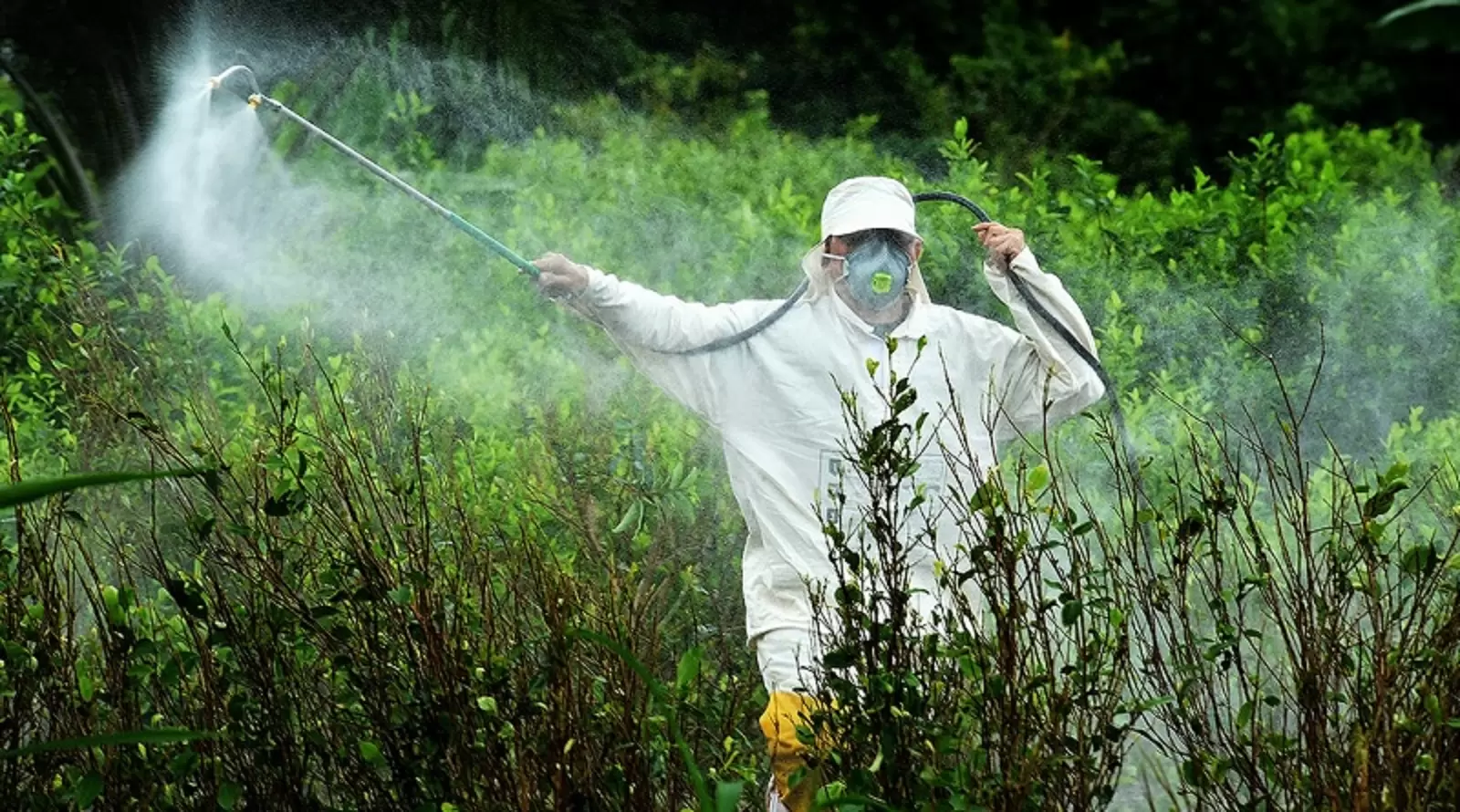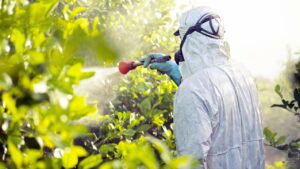The recent repeal of the ordinance that banned the use of glyphosate in the Gualeguaychú area, combined with the approval of a new Agrochemical Law in Entre Ríos, known as “Glyphosate zero”, has reignited debates on the impact of agrochemicals. Scientists and specialists are once again warning about the harmful effects of these substances, which could be linked to the increase in cancer cases in the region.
Since the adoption of transgenic packages (pesticides and resistant seeds) in agriculture, concerns have arisen about their impact on health and the environment. Cases like those of Fabián Tommasi in Basavilbaso and Estela Lemes in Gualeguaychú have become symbols of the harm associated with agrochemicals, sparking a debate that continues between supporters of their use under Good Agricultural Practices (GAP) and those denouncing their risks.
On December 19th, the Chamber of Deputies of Entre Ríos approved the new Agrochemical Law, which regulates its use under the paradigm of GAP. The following day, the Deliberative Council of Gualeguaychú repealed the “Glyphosate Zero” ordinance, which completely banned the use and commercialization of the herbicide. The measure was justified as compliance with a court order declaring the regulation unconstitutional, thus opening the door to a more permissive scenario.
In this regard, researchers like Adrián Friedrich and Germán Lener, from CONICET, have studied the effects of glyphosate and other agrochemicals on human health and the environment. Friedrich, an immunooncology specialist, explained that glyphosate and chlorpyrifos can compromise the immune system, hindering its ability to fight tumors. Additionally, Lener, an expert in environmental chemistry, added that studies on amphibians and rats show toxicity, genetic and hormonal damage that could also occur in humans.

The reach of glyphosate in the population
Contrary to what one might think, the effects of glyphosate are not limited to rural areas. Its presence has been detected in drinking water, food, household dust, and even in rain, suggesting a broad impact. This herbicide is used not only in transgenic crops but also in practices like chemical fallow, increasing its dispersion in the environment.
The classification of glyphosate as a “probable carcinogen” by international organizations is based on research showing the presence of the compound in blood, urine, and even in the placenta of pregnant women. These exposures are associated with a higher risk of lymphomas and other pathologies.

Is safe use possible?
The idea of “safe” use of agrochemicals is questioned by specialists. Lener states that there is no conflict-free scientific evidence to support that claim. Friedrich emphasizes that weed resistance has led to higher or more frequent applications, exacerbating the issue.
The controversy surrounding glyphosate highlights the economic interests of the agricultural sector and concerns for public and environmental health. While the industry argues in favor of controlled use, environmentalists and scientists insist that the risks to health and the environment cannot be ignored.
The discussion about agrochemicals, far from being resolved, is at a critical point, driven by increasingly compelling scientific evidence and growing public concern.
 Glifosato
Glifosato
What is glyphosate and what are its risks?
According to experts, glyphosate is a non-selective, systemic broad-spectrum herbicide that is absorbed by any plant through its tissues. This chemical can prevent the plant from producing the necessary proteins for its growth, ultimately leading to its death.
However, this chemical can become a weapon of mass destruction, as it not only affects the plant that receives it but also the biodiversity of water and soil, posing risks to human health. This is because its application can have a high cost for the ecosystem in which it is used.
Have you visited our YouTube channel? Subscribe now!

